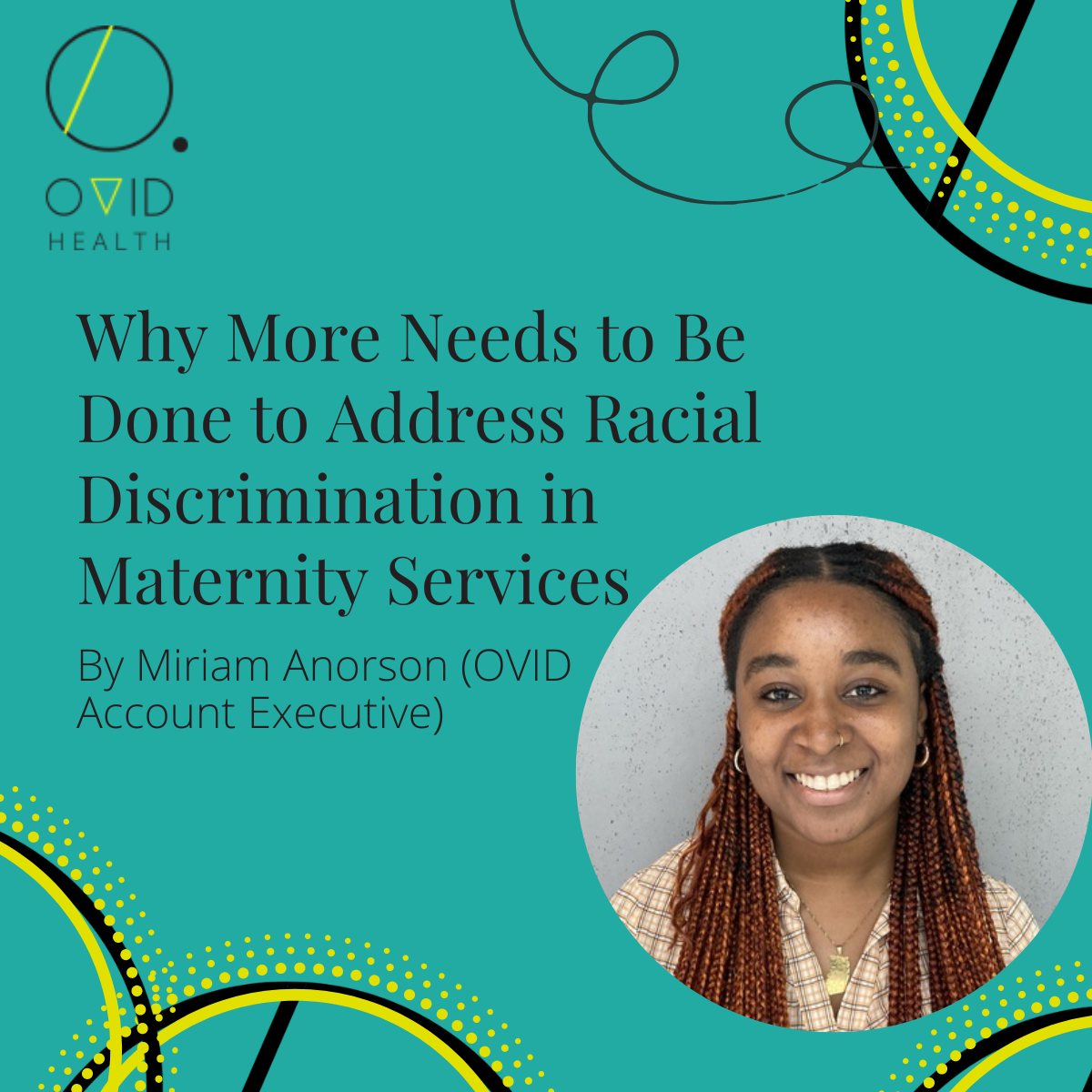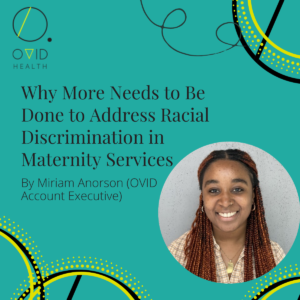
17 Jun Why More Needs to Be Done to Address Racial Discrimination in Maternity Services

This week the British Medical Association (BMA) reports of a possible mass exodus of black, Asian, and minority ethnic (BAME) doctors in the wake of a shocking survey that reveals more than half of black doctors see racism as a barrier to career progression[1]. The BMA points to systemic racism deeply rooted within the structures of the NHS.
This could signal disastrous consequences for black women having babies as many believe BAME healthcare professionals are the only ones who fully understand their needs.
Black women have long felt that the maternity care they receive, for example, has been inadequate due to a plethora of reasons – many believe that white healthcare professionals have often subjected them to microaggressions causing them mental distress; physicians have ignored their cries for help when exhibiting symptoms of pregnancy-related illnesses; and many healthcare professionals, unaware of race-specific health concerns, have perpetuated poor treatment by upholding untrue stereotypes. such as black women have a “higher pain tolerance”.
Is this perceived bias in the delivery of healthcare leading to a deep-rooted mistrust of white physicians within BAME communities, and is there a lack of willingness by patients to voice their concerns to healthcare professionals or even visit healthcare professionals at all?
Racial disparities in maternal services are among many pressing issues concerning racial health inequality. Black women are four times more likely than white women to die in pregnancy or childbirth in the UK[2]. The reasons behind this disparity can be attributed to a range of demographic factors including where patients live as well as socio-economic background, but racial barriers during childbirth seem to be the most telling explanation.
Despite evidence of poorer outcomes in black women, the issue has not, until very recently, been looked at through the lens of racism. The leading causes of maternal death, according to the BMA are thrombosis and thromboembolism, followed by maternal suicide and cardiac arrest.
Nicole Thea, the black YouTube star, was 24 at the time of her pregnancy. She provided frequent updates on social media of her journey to motherhood, as well as the customary and entertaining dance videos while heavily pregnant. She was a young, seemingly fit, and healthy woman with no pre-existing health conditions. Throughout her pregnancy she repeatedly notified healthcare professionals that she was experiencing breathing issues as well as chest and back pains. She grew increasingly concerned that her concerns were being ignored, saying she felt as if “something was killing her from the inside”. She died just weeks before her due date.
Nicole’s tragic story is not the only one of this nature. As communicators we can bring to light the stories of ordinary women like her who may not have the same social media following, but who still have a story to tell. This is what will lead to attitude change in the future. We can use multiple platforms to bring stories such as these to the forefront of people’s minds. We must listen to black women’s voices.
Race needs to be recognised and appreciated to tailor care to people in a way that best fits them. The UK government made a good start when, in February 2022, it introduced a Maternity Disparities Taskforce which aims to “halve the rate of stillbirths, neonatal deaths, maternal deaths and brain injuries by 2025.”
But even more must be done to tackle the issue of racial discrimination in maternity services to save the lives of many black mothers-to-be who die unnecessarily each year.
If you would like to talk to us more about racial disparities in healthcare or have a project you would like to discuss with us, please contact [email protected].
Miriam Anorson, Account Executive, OVID Health
[1] Racism is forcing ethnic minority doctors to leave jobs, warns BMA report | The BMJ
[2] Disparity in maternal deaths because of ethnicity is “unacceptable” | The BMJ